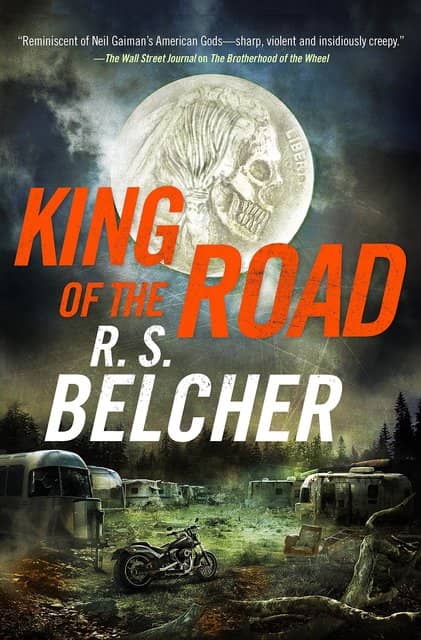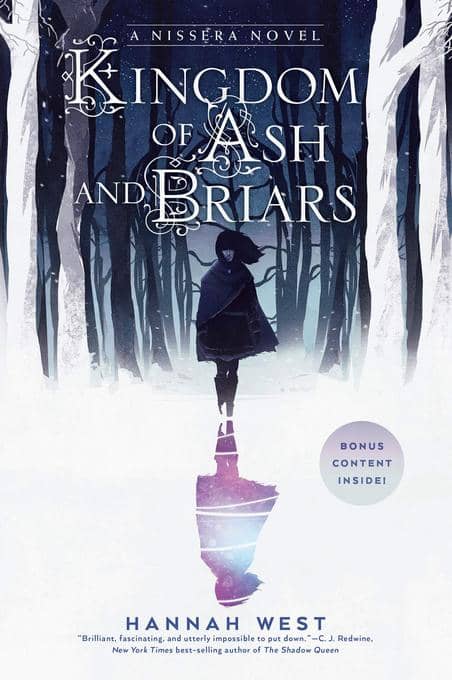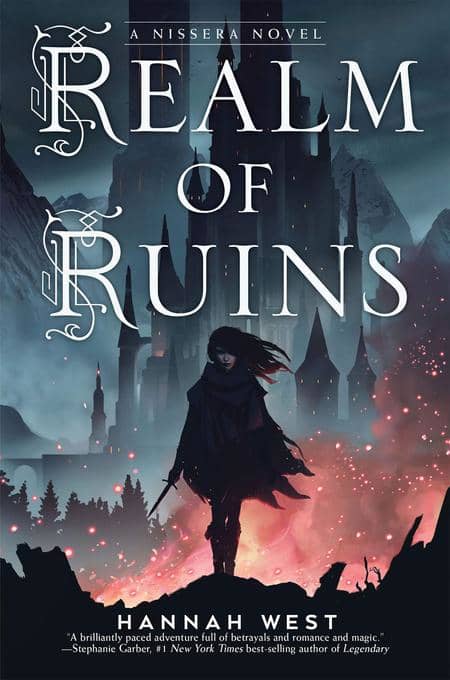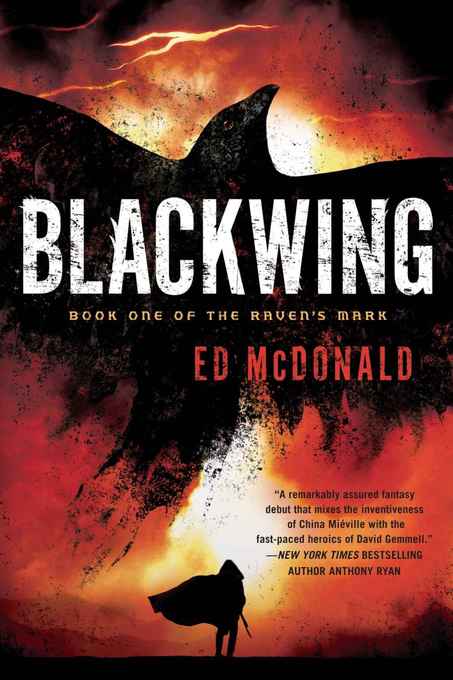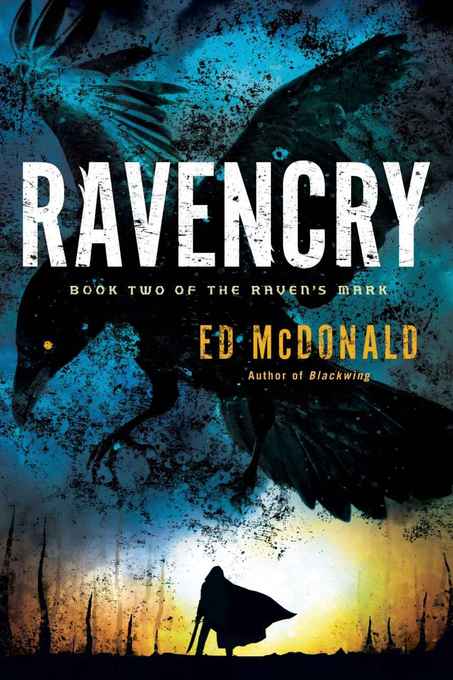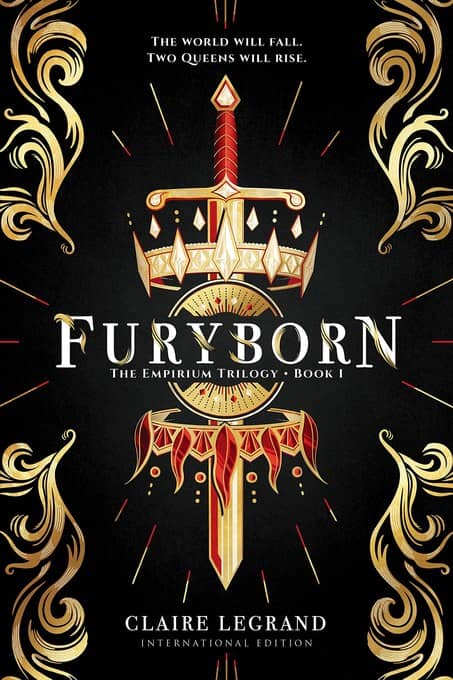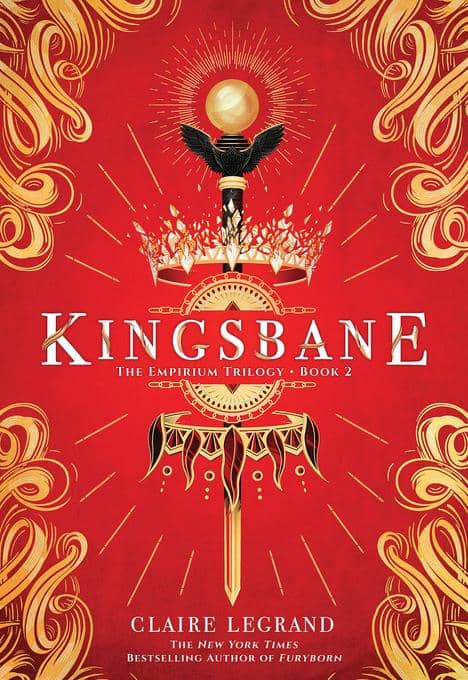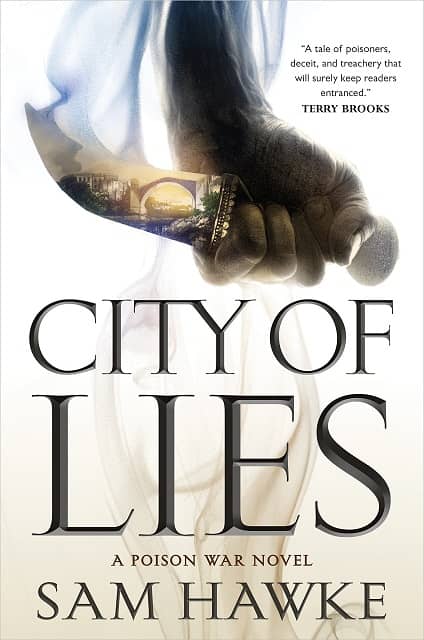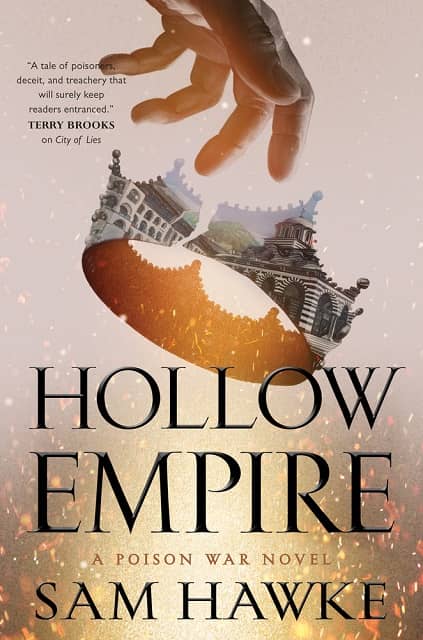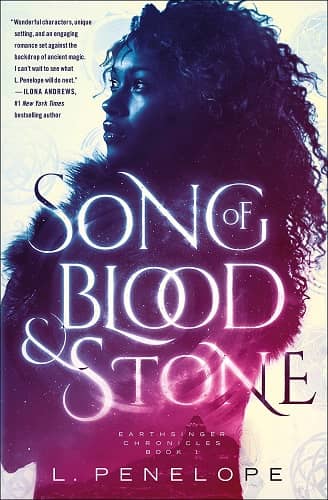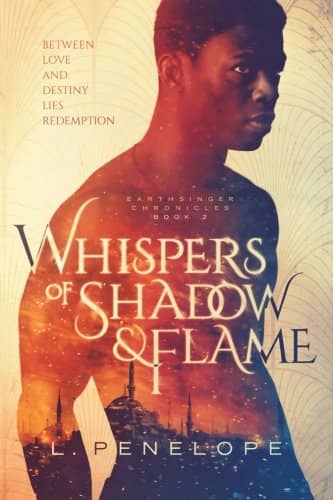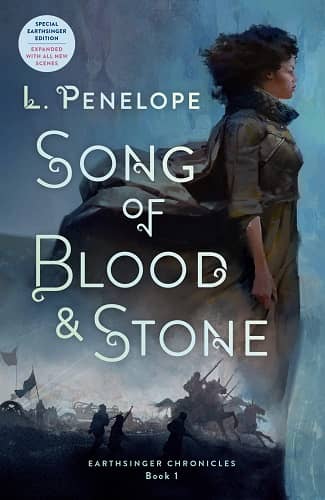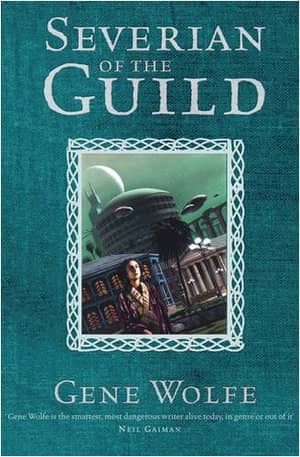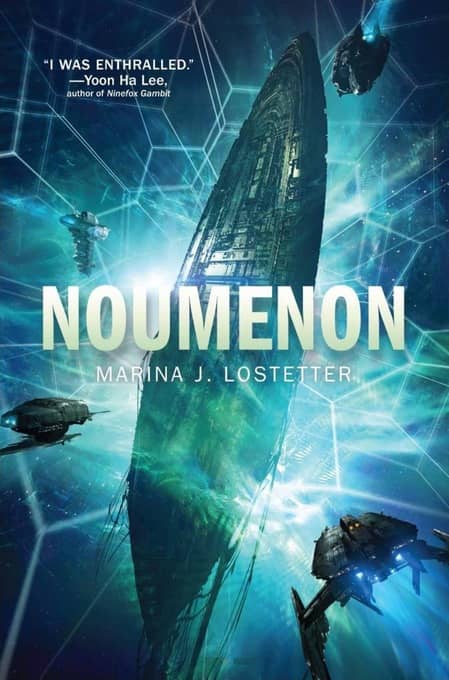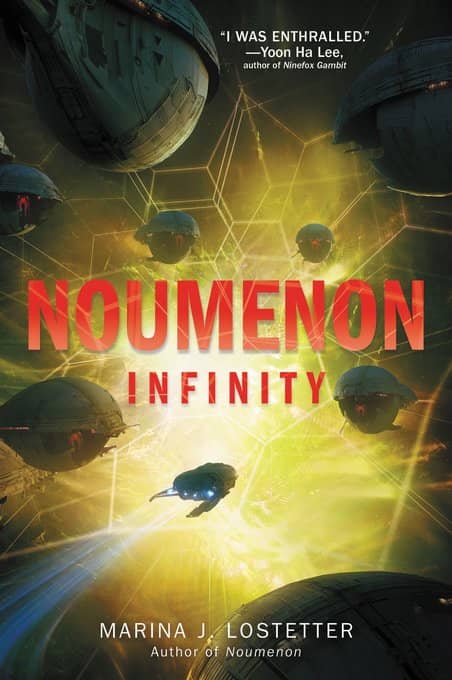The Omnibus Volumes of Daniel Abraham: The Long Price Quartet
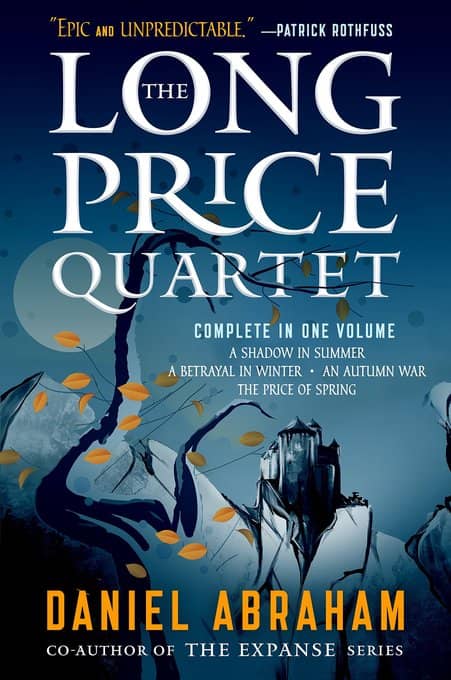 |
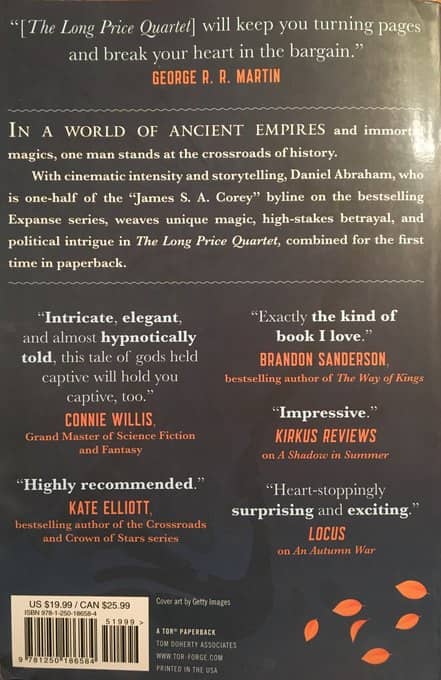 |
Daniel Abraham is the author of The Dagger and the Coin five-volume fantasy series, five books in the Black Sun’s Daughter horror series (as M. L. N. Hanover), and a pair of Star Wars novels. With Ty Franck he is the author of the breakout hit The Expanse, under the name James S. A. Corey. But before all that he created a four-volume fantasy series called The Long Price Quartet that helped cement his rep as a rising young star. The first book, A Shadow in Summer, appeared in 2006 from Tor, and the three sequels arrived almost exactly a year apart.
When I was in Barnes & Noble last week I saw a handsome omnibus volume, and I was very happy to pick it up. It contains all four novels:
A Shadow in Summer (331 pages, $24.95 hardcover, $7.99 paperback, March 7, 2006)
A Betrayal in Winter (317 pages, $24.95 hardcover, $7.99 paperback, August 2007)
An Autumn War (366 pages, $25.95 hardcover, $7.99 paperback, July 2008)
The Price of Spring (348 pages, $27.99 hardcover, $7.99 paperback, July 2009)
The Long Price Quartet was published by Tor Books on November 13, 2018. It is 975 pages, priced at $19.99. There is no digital edition. The cover is by Getty Images.
Believe it or not, we’ve covered dozens of omnibus paperbacks just like this one, from authors like C.J. Cherryh, Jack Vance, H. Beam Piper, P.N. Elrod, Steven Brust, James H. Schmitz, Murray Leinster, Andre Norton, Robert Silverberg, and many others. Check them out here.

